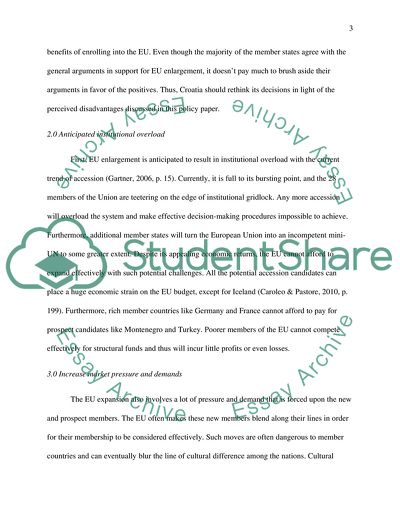Cite this document
(Eu economy Essay Example | Topics and Well Written Essays - 2750 words, n.d.)
Eu economy Essay Example | Topics and Well Written Essays - 2750 words. https://studentshare.org/macro-microeconomics/1870805-eu-economy
Eu economy Essay Example | Topics and Well Written Essays - 2750 words. https://studentshare.org/macro-microeconomics/1870805-eu-economy
(Eu Economy Essay Example | Topics and Well Written Essays - 2750 Words)
Eu Economy Essay Example | Topics and Well Written Essays - 2750 Words. https://studentshare.org/macro-microeconomics/1870805-eu-economy.
Eu Economy Essay Example | Topics and Well Written Essays - 2750 Words. https://studentshare.org/macro-microeconomics/1870805-eu-economy.
“Eu Economy Essay Example | Topics and Well Written Essays - 2750 Words”. https://studentshare.org/macro-microeconomics/1870805-eu-economy.


